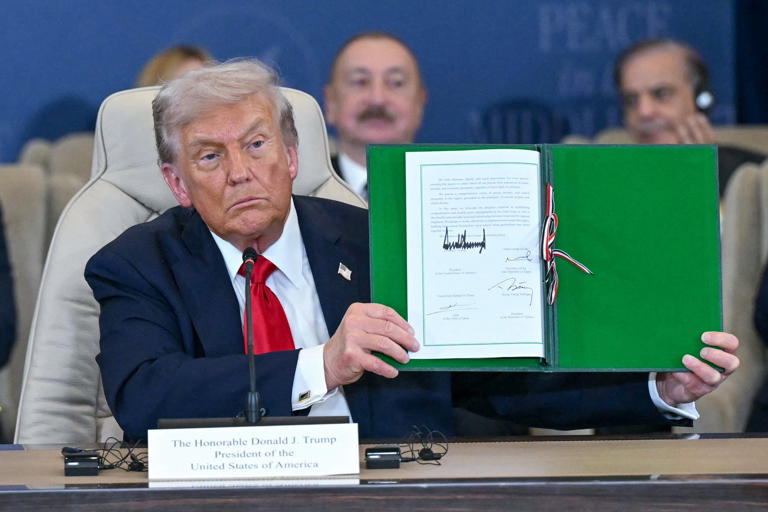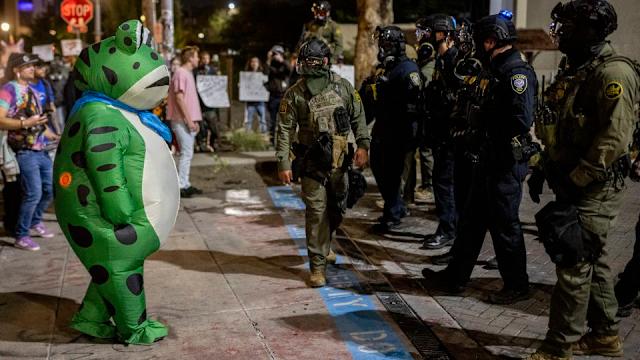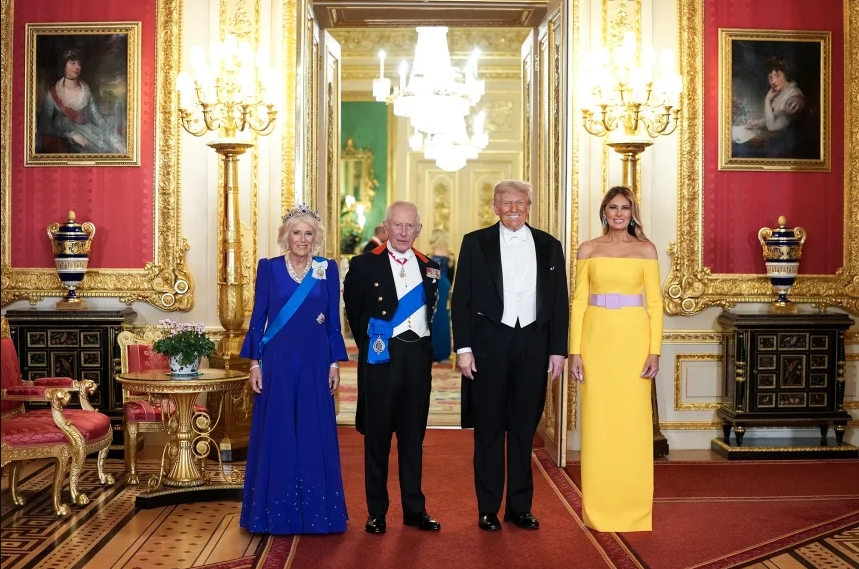The name History of the West and World should ring a familiar bell in every Gannon University student’s ear – the introductory history class is required in fulfillment of the university’s liberal arts curriculum.
However, beginning this fall, the course as we have known it will be altered considerably and renamed History Without Borders.
John Vohlidka, Ph.D., an assistant professor in the history program, said that the new name will represent the change in content.
“We’re shifting the focus to include a little more of the outside world, and the new name is meant to reflect that,” he said. “It’s meant to be a more interesting name, because West and the World is considerably duller.”
Ian Van Dyke, a junior history major, said that he thinks reframing the familiar class reflects positive changes that have been taking place in the history department.
According to Van Dyke, the class’s new name represents the positive trend of marketing classes to make them sound more appealing to students. In general, he said, this strategy is one that may help with enrollment in classes within the College of Humanities, Education and Social Sciences (CHESS) – though this particular class is required of all students.
“The bigger trend it illustrates is that it’s a department in CHESS that is taking the initiative to market classes to students, which is something that needs to happen more in CHESS,” he said.
Aside from just getting stamped with a new name, the new course will also feature different content and slightly altered course objectives, as well.
As it currently exists, the course focuses on Western civilization in the context of the larger outside world and depending on how each professor chooses to structure it, according to Vohlidka.
Ellie Walsh, Ph.D., also an assistant professor in the history department, added that the class currently focuses on Europe and other industrialized, Western nations, and the development of Catholic intellectual teaching and the subsequent evolution of the tension between faith and reason.
Vohlidka, who has been teaching the course for 10 years, is himself a European historian, so he runs the course “mainly pro-West, with various different connections.” Walsh’s approach as a Latin American scholar is slightly different, and other professors take different approaches based on their strengths as well.
“This allows me to put a little more focus on the area of my expertise, which I think benefits my students,” she said.
Vohlidka said that this will not change with the class’s slightly altered framework.
“We all teach to our strengths,” he said. “We’re all still going to do that in History Without Borders, but the difference now is that we’re edging it more – emphasizing more about the connections between the West and the world around it, so it isn’t so Western-centric.”
Van Dyke added that he thinks this shift in content is a positive one.
“I think you get the same sort of Western history narrative enough in school, and if the class is going to include a more global focus, I think that’s a good thing,” he said.
Vohlidka, who said he plans to spend the summer working on his plans for the course, also said that some of the content he hopes to add will possibly include more about Japan and its reaction to World War II, as well as more about Islam and its conflict with the West.
“We’re broadening the focus to give students a more general idea of the larger world,” he said.
Walsh also said that the changes reflect political, economic and social changes going on in the world today as a result of increased globalization.
“The changes are to essentially go to a wide-angle lens,” she said. “This is in step with not only a trend in the discipline of history, which has moved beyond just national histories to regional histories, and now by putting things within a world context.
What may seem like a small change in an introductory course does speak to some changes going on in higher education, according to Vohlidka.
“We don’t want things to be as Western-centric as they used to be,” he said. “We’re trying to be more world-centric – I don’t know how you can center the world, we’re not encompassing Mars any time soon – and to keep pace with change.”







